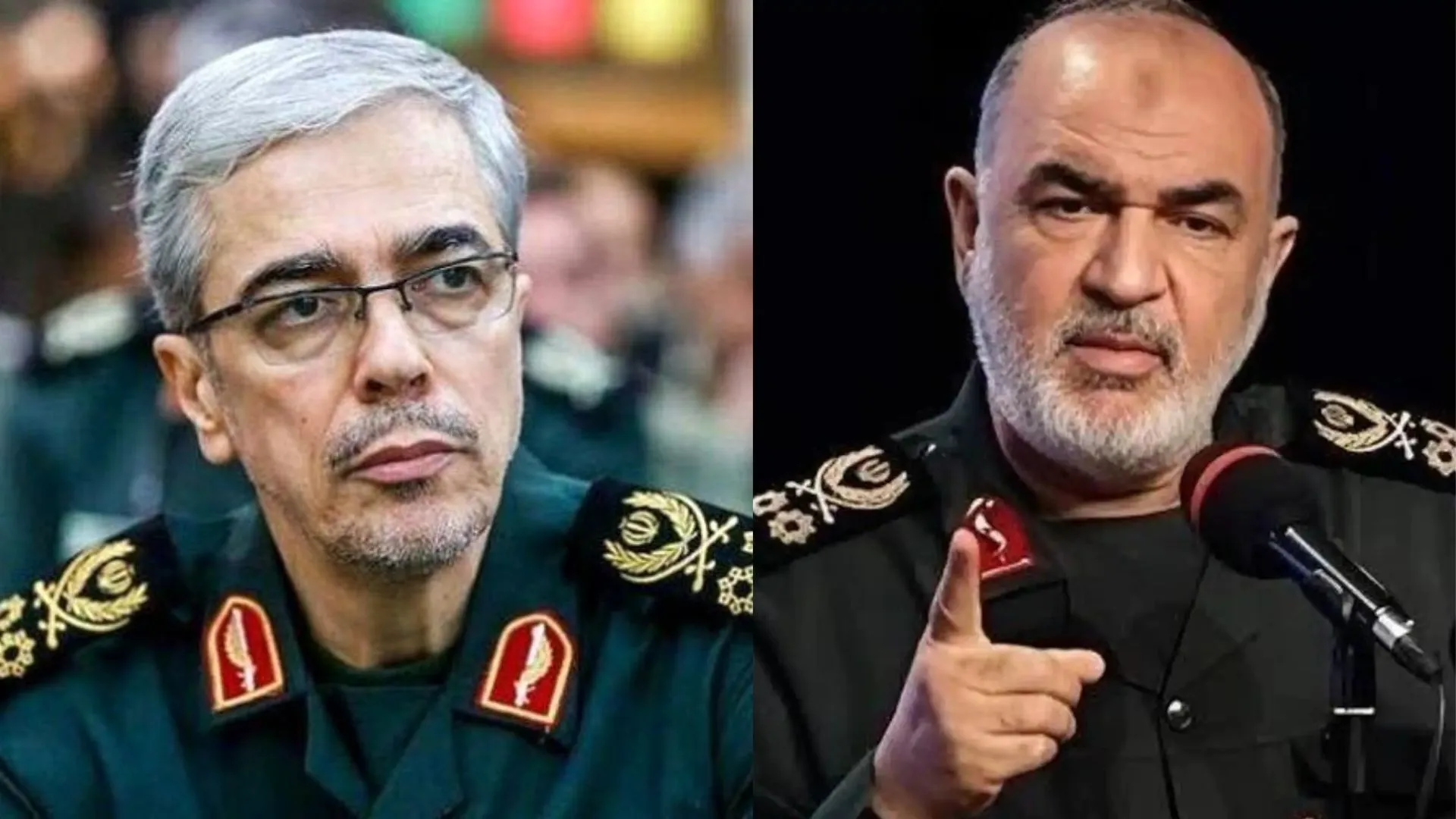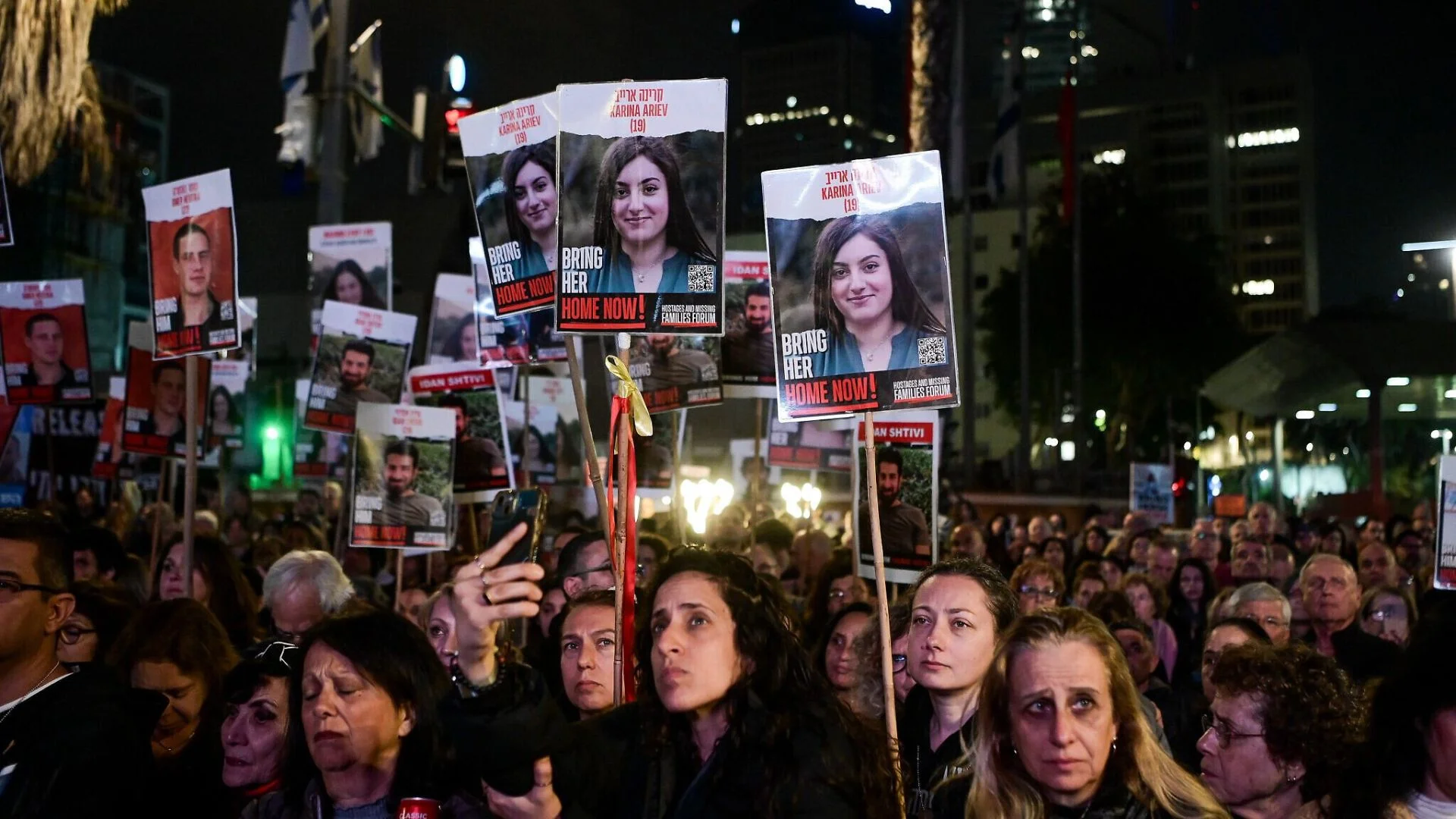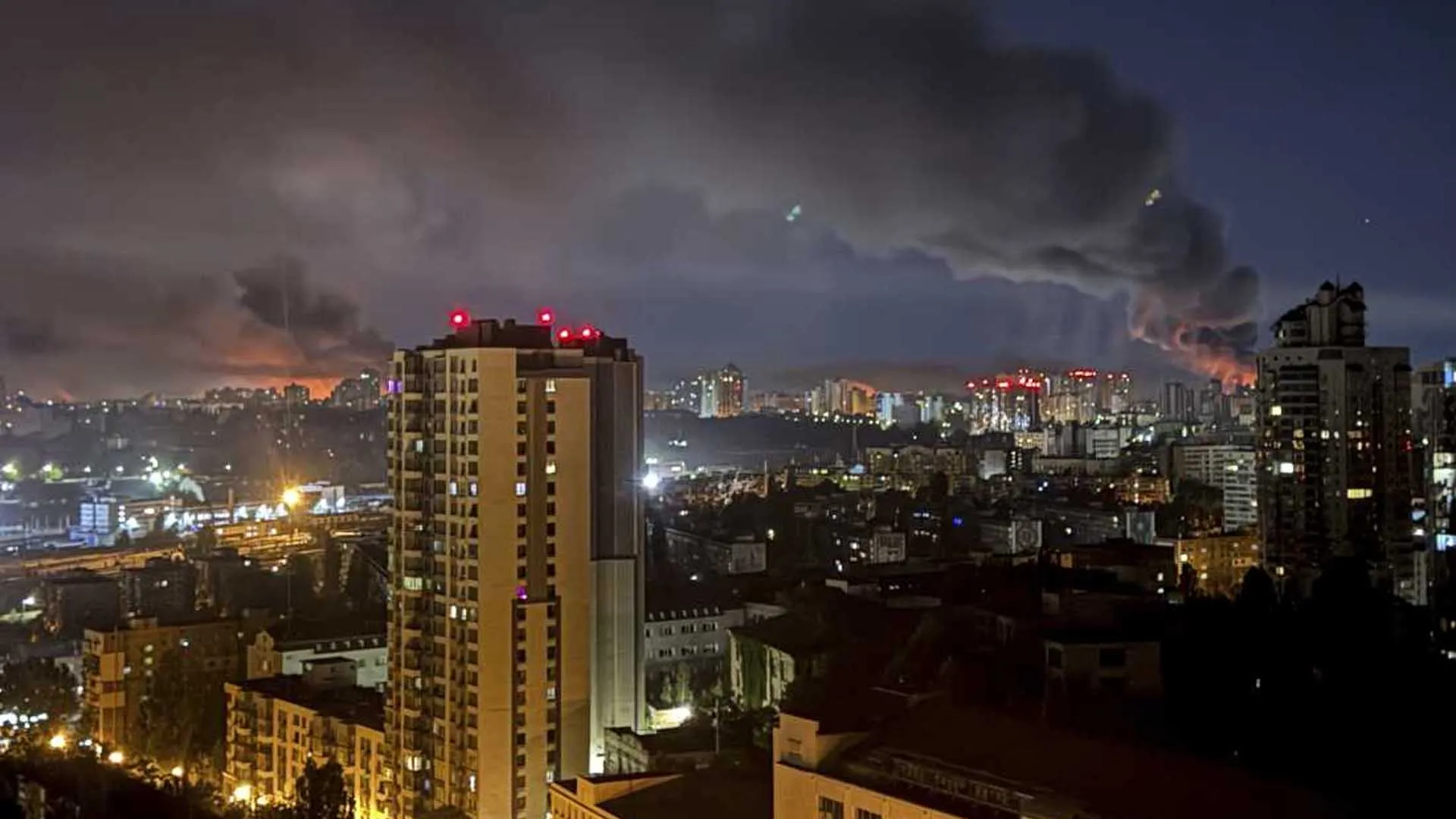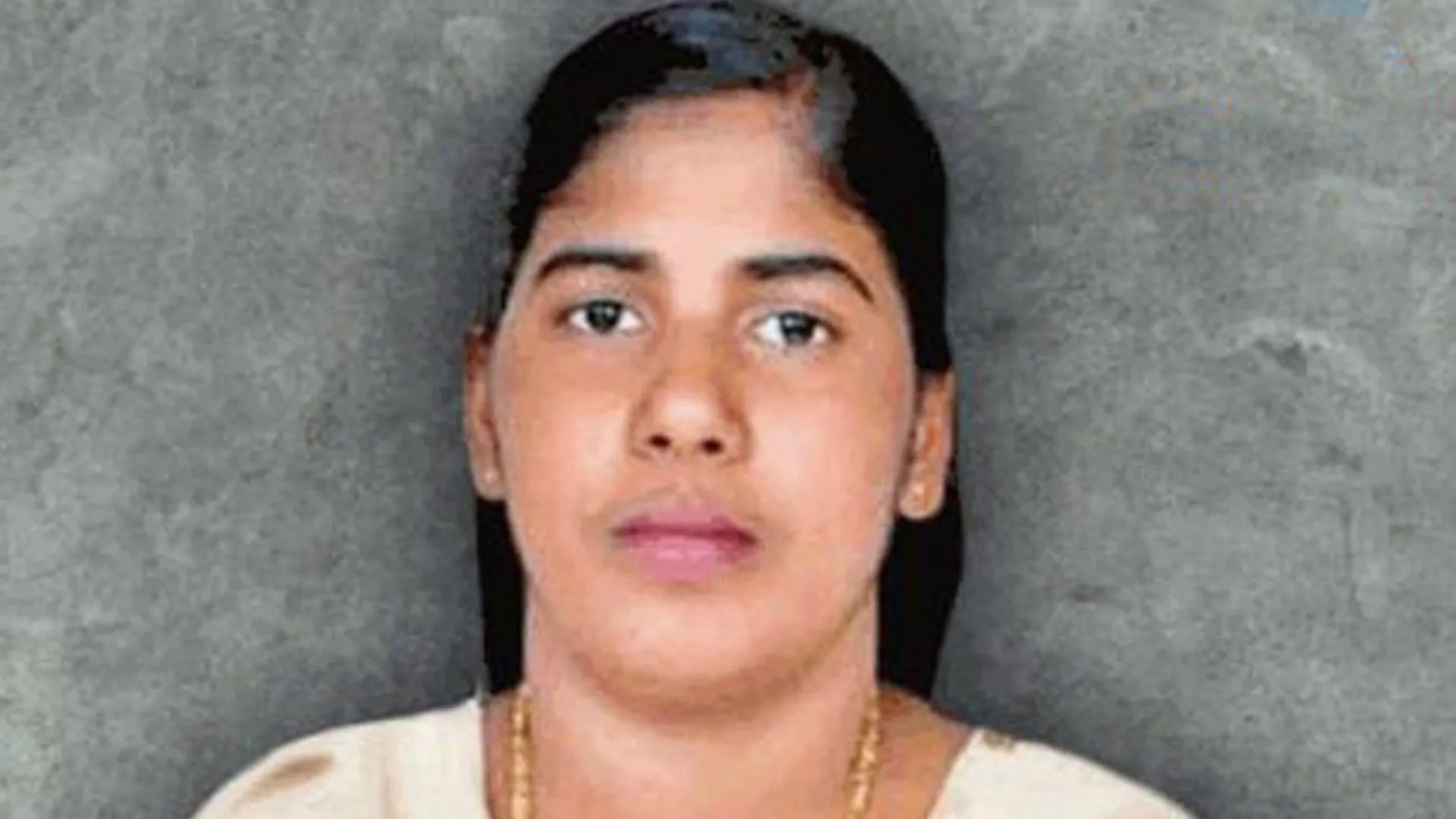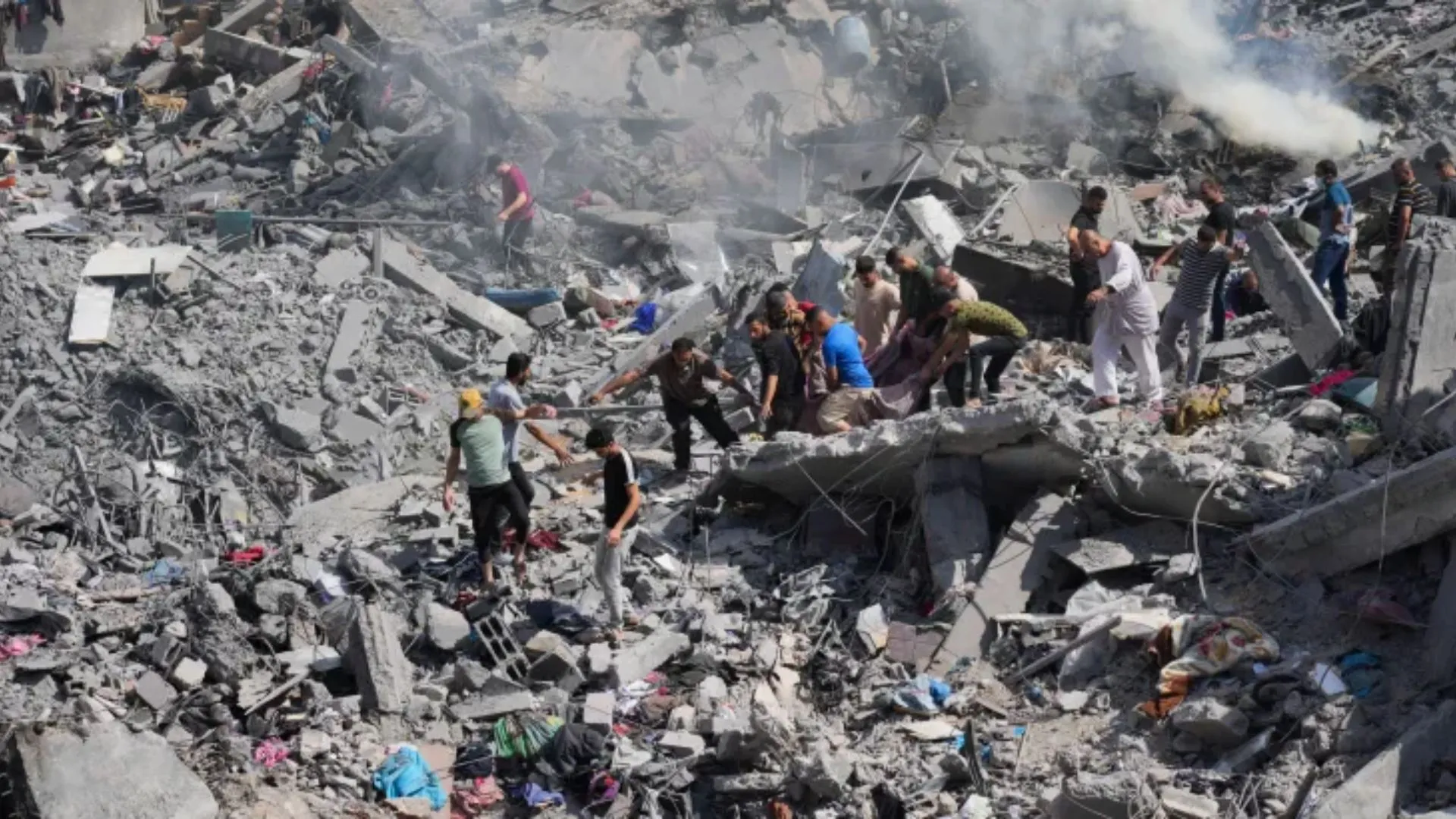Israel eliminated Iran army chief Mohammad Bagheri in a dramatic heightening of tensions, striking at the center of Iran’s military command. Major General Mohammad Bagheri, the top regular army officer of Iran, was killed in an Israeli air strike in Tehran, Iranian state TV IRINN reported.
Earlier, Iran had also announced that General Hossein Salami, the dominant commander-in-chief of the Islamic Revolutionary Guard Corps (IRGC), had died. These are the two highest-ranking military casualties in Iran after historic attack by Israel on Tehran’s capital, military, and nuclear facilities.
Tehran Reels as Bagheri Dies in Airstrike
General Bagheri was Iran’s Chief of Staff of the Armed Forces, the highest rank in the nation’s official military. His passing represents a significant loss to Iran’s defence establishment. Iran’s state media announced his assassination on Thursday, confirming that he was among Israel’s top targets in its precision attack on strategic military compounds and facilities in Tehran.
It is the second high-profile Iranian military commander Israel has killed during the same operation. The attack also hit military and nuclear facilities in and around the capital city, a gesture seen as symbolic and strategic.
IRGC Confirms Salami’s Death
The Revolutionary Guard Corps of Iran later released an official statement confirming the death of General Hossein Salami. He was a central figure in both Iran’s military and political landscape and had headed the IRGC since 2019.
The IRGC praised Salami’s long-standing service. “Without a doubt, Major General Salami was one of the most distinguished commanders of the Islamic Revolution,” the statement said. It described his leadership across scientific, cultural, security, and military efforts. The Guard called him a front-line warrior who always defended the ideals of Iran’s Supreme Leader and the Revolution.
IRGC Promises Retaliation
In its press release, the IRGC threatened a response to come. The IRGC said all of Iran’s military branches are “completely ready to inflict a crushing and severe response.” This has been said before but is more heavily weighted given the loss of both Salami and Bagheri.
The IRGC is still Iran’s strongest military branch. It was established after the 1979 Islamic Revolution and consists of elite ground, air, naval, intelligence, and special forces. It is responsible for both internal and external operations, such as alliances with Lebanon’s proxy militias, Syria, Iraq, and Yemen.
Analysts say that although Iran’s conventional military handles national defense, the IRGC tends to dominate foreign policy on military issues. Its connections to Iran-backed forces such as Hezbollah and its activity in Iraq and Syria render it a focus of Iran’s regional strategy.
A Major Escalation
The murders of both Bagheri and Salami will unsettle Iran’s military command hierarchy. It is one of the most brazen Israeli actions to date in its shadow conflict with Iran. Tehran is now under pressure to retaliate by force, but while at the same time seeking to contain unrest internally.
This strike can reshape the regional conflict dynamic, with both sides waiting for what is yet to come.

